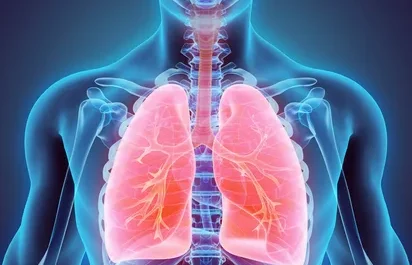Cancer, the second leading cause of death in the European Union, claimed the lives of 1.2 million people in 2020, accounting for 23% of all deaths. However, the statistics are even more disheartening considering that 40% of cancer cases could be prevented through early detection and lifestyle changes, such as quitting smoking or adopting regular exercise routines.
One of the key factors contributing to this optimism is the rise of Artificial Intelligence (AI). Numerous research articles highlight the potential of AI in revolutionizing healthcare by enhancing cancer prevention, diagnosis, treatment, and overall patient management across various therapeutic areas, including oncology, cardiology, and ophthalmology, as well as throughout the value chain, spanning research, development, production, and marketing. Ultimately, patients are poised to benefit from significantly improved care.
The growing presence of AI in healthcare is evident through market figures and the multitude of players involved. In addition to numerous AI startups, 18 out of the 47 multinational corporations currently offering AI solutions are engaged in the healthcare sector. Among these, 80% focus on innovative treatment-related solutions, while the remaining 20% develop tools to improve resource optimization and healthcare technology. The market for AI-assisted medical diagnosis, in particular, demonstrates promising growth, currently valued at $1.3 billion, with a projected annual growth rate of over 23% over the next five years, expected to reach $3.7 billion by 2028. Cloud-based medical image analysis software, with applications in fields such as mammography, CT-scans, and MRIs, is in high demand and is poised to be among the first to benefit from AI technology.
Despite the potential, many healthcare institutions face challenges related to inadequate technological resources, hindering their ability to leverage the potential of AI. For instance, the majority of European institutions currently lack the necessary equipment to digitize pathology slides used for the analysis of biological anomalies, which are crucial for training AI models.
However, before fully enjoying the wide range of benefits offered by AI-assisted healthcare, several challenges must be addressed. Firstly, AI technology needs further advancement from a technical perspective. Currently, a lack of universal data health format complicates data cleaning and transfer between different software and systems. Additionally, most AI solutions require human training, necessitating close collaboration between healthcare professionals and engineers to ensure that emerging AI solutions align with the needs of the medical community.
Sociocultural and ethical considerations also play a crucial role. Data protection remains a concern for many individuals, despite the European Union’s General Data Protection Regulation (GDPR) implemented in 2018, which grants individuals more control over how companies handle their personal information. The EU AI Act, the world’s first comprehensive legislation regulating AI machines posing risks to health, human rights, and safety, is expected to alleviate some of these concerns.
In conclusion, AI holds tremendous potential in transforming cancer care and improving patient prognoses. However, overcoming technical limitations, addressing data security and privacy concerns, and ensuring effective collaboration between healthcare professionals and engineers are key to fully realizing the benefits of AI-assisted healthcare.
Note:
1. Source: Coherent Market Insights, Public sources, Desk research
2. We have leveraged AI tools to mine information and compile it


